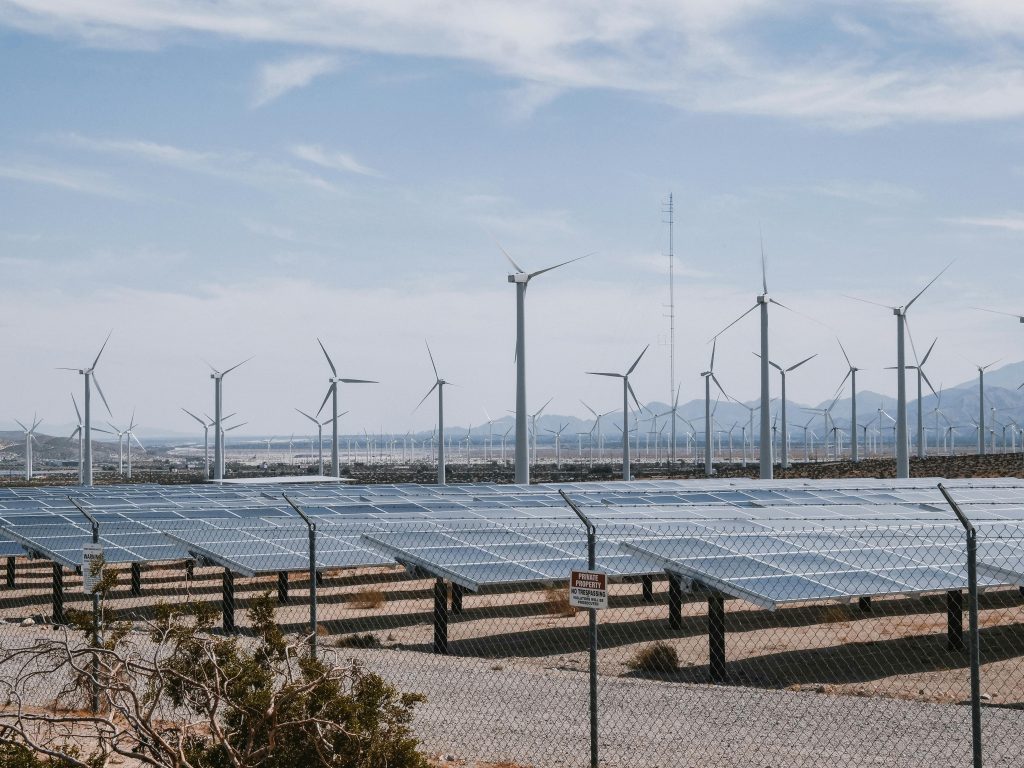Overview
Natural disasters can have a devastating impact on individuals, families, and entire communities. From hurricanes and floods to wildfires and earthquakes, these catastrophic events can cause immense damage to homes, businesses, and infrastructure. But the financial impact of natural disasters goes far beyond the physical destruction. It can also have a significant effect on loans and insurance, leaving individuals and businesses struggling to rebuild and recover.
One of the most immediate financial consequences of a natural disaster is the property damage. Homes and businesses may be completely destroyed or severely damaged, resulting in costly repairs or even the need for a complete rebuild. This can lead to a significant financial burden, especially for those who do not have adequate insurance coverage. Without insurance, individuals may have to cover the costs of repairs or rebuilding out of pocket, which can be overwhelming and may even lead to bankruptcy.
For those who do have insurance, the process of filing a claim and receiving compensation can be lengthy and complex. Insurance companies must assess the damage and determine the appropriate amount of coverage, which can take weeks or even months. This delay can be particularly problematic for those who need immediate funds to cover temporary housing, food, and other necessities. In the meantime, individuals may have to take out loans or rely on credit cards to cover these expenses, adding to their financial burden.
Impact
The impact of natural disasters on loans can be significant as well. For homeowners, a damaged or destroyed property may mean that they are unable to make mortgage payments. This can lead to default and foreclosure, leaving them without a home and damaging their credit score. Even for those who are able to continue making payments, the decrease in property value due to the disaster can make it difficult to refinance or sell their home in the future.
Business owners also face financial challenges after a natural disaster. The damage to their property and inventory can result in significant losses, and they may struggle to stay afloat without income. This can lead to missed loan payments and even bankruptcy, causing long-term damage to their credit and making it difficult to obtain loans in the future. Small businesses, in particular, may have a hard time recovering from the financial impact of a natural disaster, as they often have fewer resources and less access to credit than larger corporations.
Natural Disasters
In addition to property damage and loss of income, natural disasters can also have an indirect impact on loans and insurance. For example, a major disaster in a particular region can lead to a decrease in property values, making it more difficult for individuals to obtain loans or insurance coverage at reasonable rates. This can also have a ripple effect on the local economy, as businesses may struggle to attract customers and investors in the aftermath of a disaster.
In response to the financial challenges posed by natural disasters, many governments and organizations offer assistance and relief programs. However, these programs may not always be sufficient or accessible to those in need. Additionally, relying on these programs can result in a long-term dependence on government aid, which may not be sustainable in the long run.
The best way to protect against the financial impact of natural disasters is to be prepared. This includes having adequate insurance coverage, creating an emergency fund, and developing a disaster plan for your home and business. It is also important to regularly review and update your insurance policies and to understand the specific risks and coverage options in your area. In some cases, additional insurance, such as flood insurance, may be necessary to fully protect against the financial impact of natural disasters.
Conclusion
In conclusion, natural disasters can have a devastating financial impact on individuals, families, and businesses. From damage to property and loss of income to challenges with obtaining loans and insurance, the consequences can be overwhelming and long-lasting. By being proactive and prepared, individuals can better protect themselves and their assets against the unpredictable nature of natural disasters. It is also important for governments and organizations to provide support and resources to help individuals and communities recover and rebuild in the aftermath of these catastrophic events.

